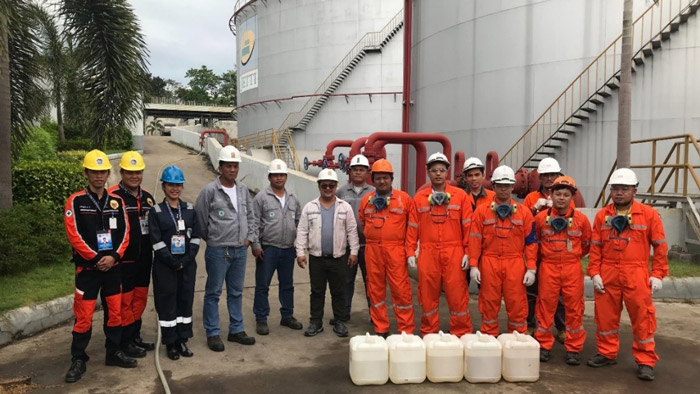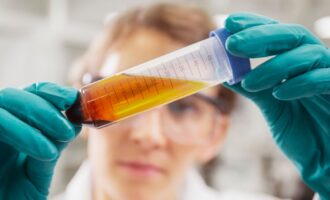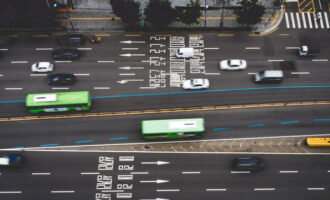
Indonesia’s biodiesel plan, Delhi cuts VAT on diesel, Philippines’ fuel marking program
Indonesia to raise biodiesel blend to 40% next year
Indonesia’s plans to raise the biodiesel blend in petroleum diesel to 40% (B40) with a target implementation date of July 2021, Coordinating Minister for Economic Affairs Airlangga Hartarto said.
Indonesia, which is the world’s largest producer of palm oil, has one of the world’s most ambitious biodiesel programmes, raising its biodiesel mandate to 30% biodiesel blend (B30) late last year, from 20% (B20). In Indonesia, palm oil is used as a feedstock to produce biodiesel.
Recently, Indonesia’s state-owned oil company PT Pertamina produced its first successful batch of biodiesel made from 100% palm oil (D100) at its Dumai refinery. It plans to initially produce 1,000 barrels per day (bpd) in Dumai.
The European Union, which is a major export market for palm oil, plans to phase out the use of palm oil-based biodiesel as transport fuel due to the negative impact on the environment arising from deforestation.
The planned implementation next year was expected to be delayed due to low crude oil prices, which makes palm oil less competitive with 100% petroleum diesel fuel.
“I am targeting the implementation of B40 …. to be carried out by July 2021,” Hartarto said in an interview with CNBC Indonesia.
Delhi lowers VAT on diesel fuel
Delhi’s Chief Minister Arvind Kejriwal announced yesterday a reduction in the Value Added Tax (VAT) on diesel fuel from the current 30% to 16.75%.
The price of diesel fuel will be reduced INR8.36 (USD0.11) in Delhi due to the VAT cut, Kejriwal said in a virtual press briefing. With this VAT reduction, the price of diesel fuel will be reduced to INR73.64 (USD0.99), from INR82 (USD1.1) per litre.
The decision was made during a meeting of the Delhi cabinet chaired by the chief minister.
Philippine fuel marking program reaches milestone
The Philippine government has marked 10.066 billion litres of oil as of July 18, 2020 under a fuel marking program designed to deter oil smuggling, the Department of Finance said.
In a report released by Finance Secretary Carlos G. Dominguez III, the Bureau of Customs and the Bureau of Internal Revenue achieved those volumes of fuel marked since September 2019.
Of the total, 75% were marked in the main island of Luzon, 20% in Mindanao and 5% in the Visayas.
Fuel marked from Petron Corp. accounted for 23.94% of the total or 2.41 billion litres marked, followed by Pilipinas Shell Petroleum Corp.’s 2.074 billion litres (20.6%); Unioil Petroleum Philippines, Inc. 1.051 billion litres (10.44%); and Seaoil Philippines, Inc. 882.283 million litres (8.7%).
Other oil companies participating in the program are Chevron Philippines (Caltex), Phoenix Petroleum, Insular Oil Corp., Filoil Energy Company, Inc., Jetti Petroleum, Inc., and PTT Philippines Corp., among others.
Under the program, fuel that has passed the various stages of tax compliance is marked with a special dye. The absence of a marker dye can be taken as prima facie evidence that no taxes were paid on the fuel.
In February, the Finance department estimated that the government can earn PHP20 billion (USD407 million) in additional revenues this year from the fuel marking program.









